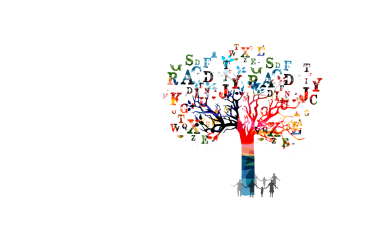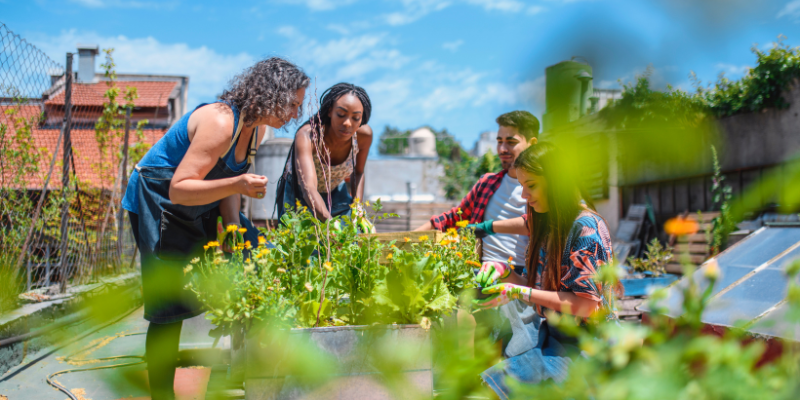
Storytelling for systems change: insights from the field


.@CPI_foundation @DusseldorpForum and @handsupmallee are exploring how stories 📖 could be used to communicate the impact of community-led 🧑🤝🧑 systems change work more effectively.
Share article.@CPI_foundation @DusseldorpForum and @handsupmallee have listened to over 30 people across govt, philanthropy, and academia. Explore insights about how stories are heard in their systems.
Share article“To encourage government to listen, you’ve also got to recognise what works in the system. Change doesn’t happen with an approach of only pointing out what is broken.’’
Share articleWe put our vision for government into practice through learning partner projects that align with our values and help reimagine government so that it works for everyone.
As part of our work with Dusseldorp Forum and Hands Up Mallee around storytelling for systems change, we’ve just finished listening to understand how to create the conditions for stories to be heard by those who need to hear them.
We often found ourselves wishing we could stay in this phase forever! It was a pleasure to speak to over 30 people across government, philanthropy, and academia and hear about how stories are heard in the systems they operate. Here are a few things we’ve learned and thought about.
When working with stories, many told us that the pursuit of efficiency in government often clashes with the need for strong relationships. Public servants described a system that privileges getting things done. However, this drive for efficiency is in tension with the time, trust, and resources required to work with stories safely and respectfully. A Communications Officer from a local community shared, ‘to hear a good story, you need a good relationship.’ Yet the efficiency imperative makes it difficult to build good relationships.

Teams on the ground - those working closest with communities - recognise the importance of earning trust and building relationships. Without these, people are reluctant to share their stories. However, we heard that these frontline workers are often not given the necessary time to build trust. Building relationships takes time, which delays products and services – something the current system does not welcome.
We’ve heard that there is a tendency for government to listen to stories about what is broken rather than seeking out stories about what is working well. A senior figure in public administration said, ‘Why should we only learn from royal commissions? Why can’t we learn from everyday stories and success?’.
While addressing areas that need improvement is essential, we are hearing that the current system does not encourage learning from, celebration of, or reflection upon the elements that work well.
We also heard from a ‘boundary spanner’ who straddles the perimeter between government, funders, and community;
“To encourage government to listen, you’ve also got to recognise what works in the system. Change doesn’t happen with an approach of only pointing out what is broken.’’
This makes us wonder about the value of shifting from a deficit approach to one that acknowledges and understands elements that are performing well. We have a hunch that this shift could help foster the conditions where governments can meaningfully hear stories.
We can’t wait to share our findings and are busy preparing to launch our report in October! In recognition of the many forms that stories can take, we are excited to release audio and graphics alongside a text report.


